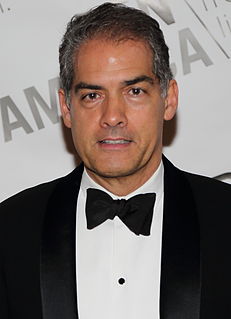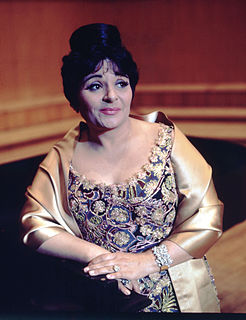A Quote by Rebecca Eaton
My primary job is to choose the programs, either to co-produce them, or acquire them after they're finished. So, I read a lot of scripts, I meet with producers and I read a lot of books.
Related Quotes
A lot of actors choose parts by the scripts, but I don't trust reading the scripts that much. I try to get some friends together and read a script aloud. Sometimes I read scripts and record them and play them back to see if there's a movie. It's very evocative; it's like a first cut because you hear 'She walked to the door,' and you visualize all these things. 'She opens the door' . . . because you read the stage directions, too.
I enjoy working with writers and their scripts. It's very exciting to me. Eventually I would like to produce, direct and act onstage, but it's not a heavy pressure. When I do it, I want to do it well. I'm just educating myself with writers and scripts, because I didn't read a lot of books when I was growing up.
The best thing about conceptual poetry is that it doesn’t need to be read. You don’t have to read it. As a matter of fact, you can write books, and you don’t even have to read them. My books, for example, are unreadable. All you need to know is the concept behind them. Here’s every word I spoke for a week. Here’s a year’s worth of weather reports... and without ever having to read these things, you understand them.




































